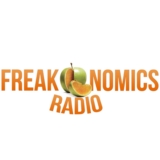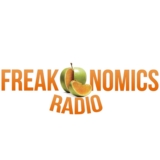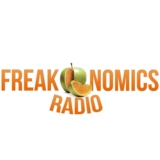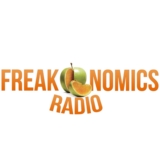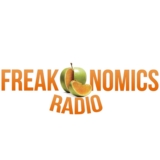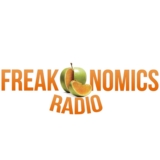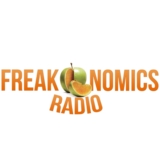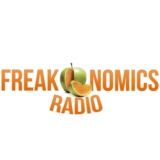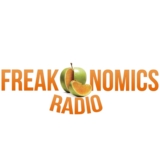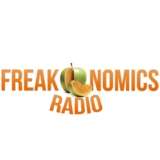The U.N.’s World Happiness Report — created to curtail our unhealthy obsession with G.D.P. — is dominated every year by the Nordic countries. We head to ...
Games are as old as civilization itself, and some people think they have huge social value regardless of whether you win or lose. Tom Whipple is not one of ...
You wouldn’t think you could win a Nobel Prize for showing that humans tend to make irrational decisions. But that’s what Richard Thaler has done. The founder ...
Celebrity chef Alex Guarnaschelli joins us to co-host an evening of delicious fact-finding: where a trillion oysters went, whether a soda tax can work, and how ...
We learn how to be less impatient, how to tell fake news from real, and the simple trick that nurses used to make better predictions than doctors. Journalist ...
Our co-host is comedian Christian Finnegan, and we learn: the difference between danger and fear; the role of clouds in climate change; and why (and when) ...
Our co-host is Grit author Angela Duckworth, and we learn fascinating, Freakonomical facts from a parade of guests. For instance: what we all get wrong about ...
In the early 20th century, Max Weber argued that Protestantism created wealth. Finally, there are data to prove if he was right. All it took were some ...
The quirky little grocery chain with California roots and German ownership has a lot to teach all of us about choice architecture, efficiency, frugality, ...
Some people argue that sugar should be regulated, like alcohol and tobacco, on the grounds that it’s addictive and toxic. How much sense does that make? We ...
- « Previous Page
- 1
- …
- 41
- 42
- 43
- 44
- 45
- …
- 47
- Next Page »

